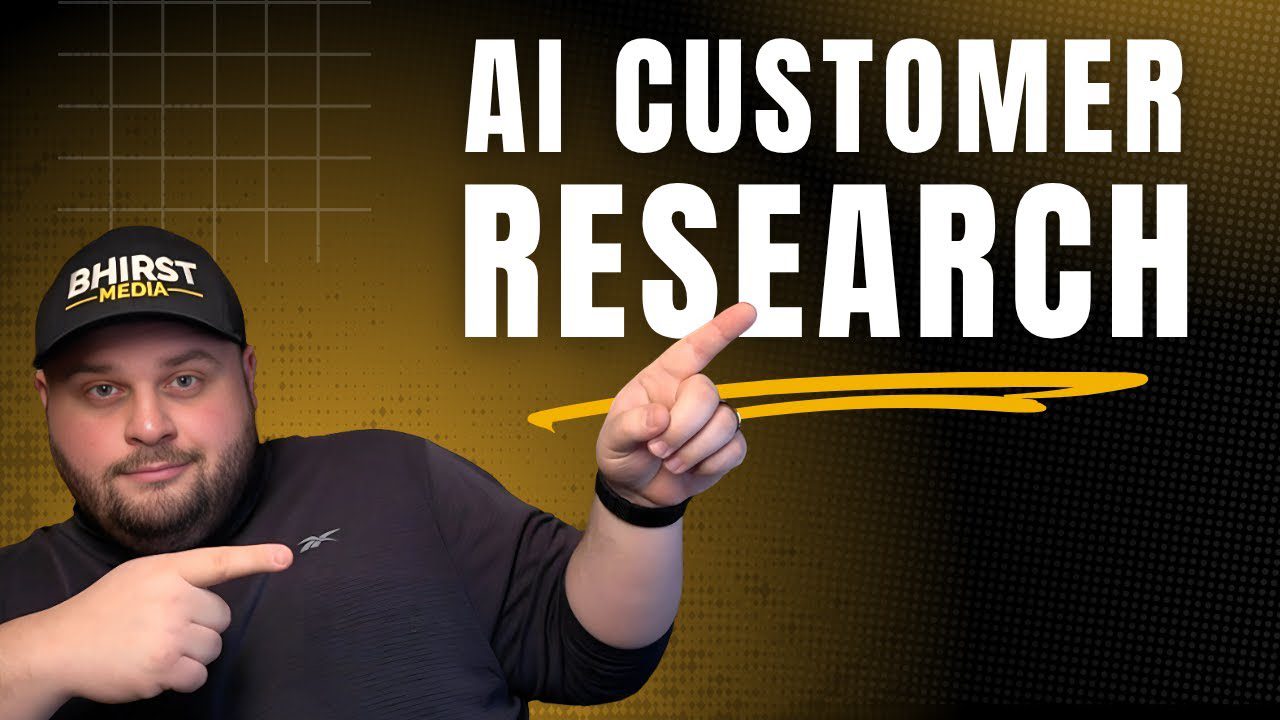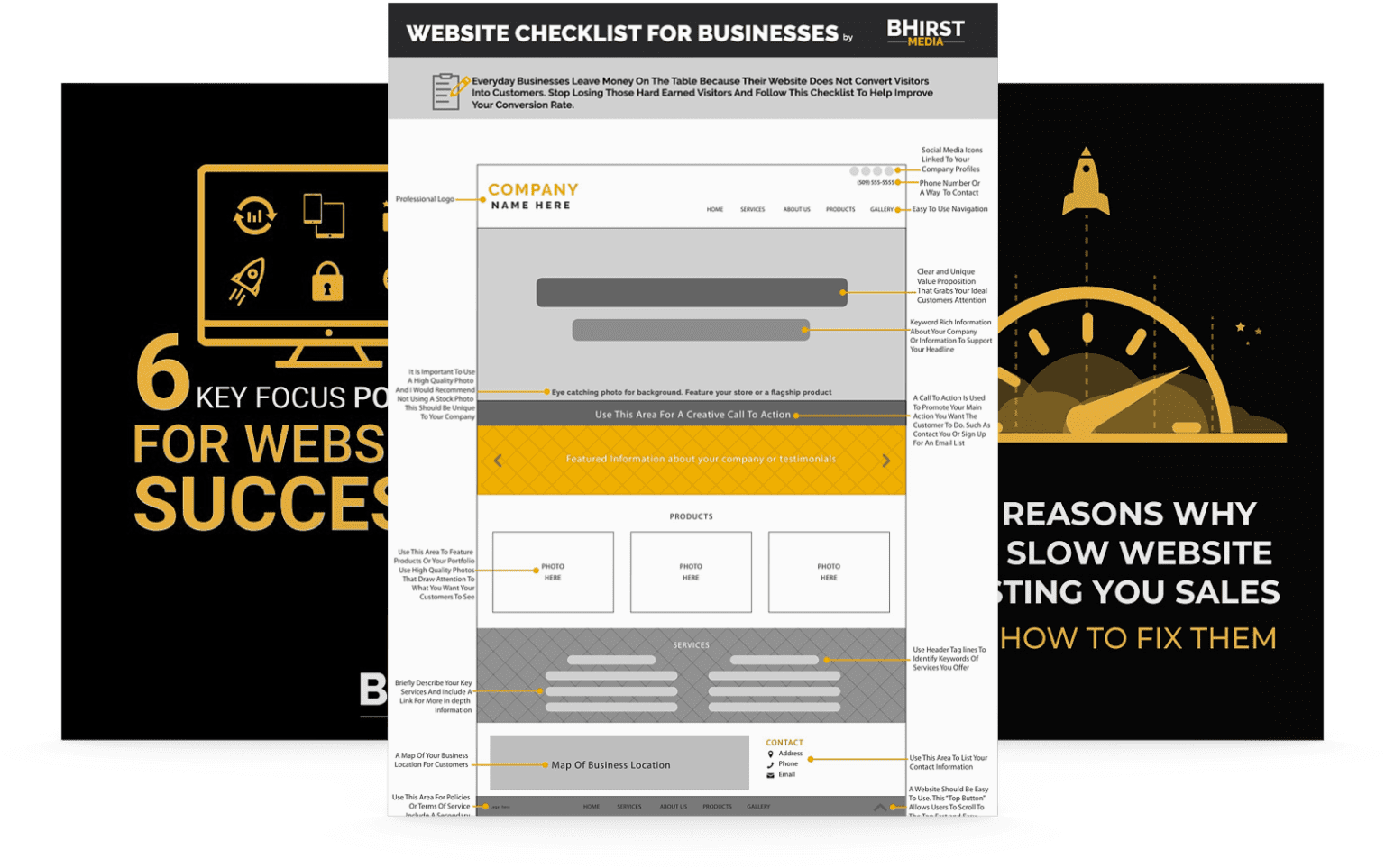
AI customer research is revolutionizing how businesses gather, analyze, and act on customer insights. By automating labor-intensive tasks and providing real-time data, it empowers smoother, more accurate decision-making. Below are the key takeaways on how AI is transforming this crucial business area.
AI customer research isn’t just a buzzword—it’s a game changer. While you’re catching up on sleep, sophisticated algorithms are scanning through vast data oceans to uncover the gems of customer behavior that traditional research could only dream of finding.
This revolution isn’t just for the tech giants with deep pockets; it’s making waves for businesses of all sizes, reshaping how customer insights are gathered and utilized. Let’s dive into the world where AI effortlessly transforms complexity into clarity, ensuring that every business can understand and engage their customers on a whole new level.
We’ll explore how these tools work, why they matter, and how you can harness them to unlock unparalleled insights and propel your business forward.
Imagine you’ve just closed the shop for the day, yet your business continues to learn about your customers in real-time. This is what AI customer research makes possible. Instead of manually compiling surveys, sorting responses, and spending hours analyzing data, AI tools for customer insights take over, seamlessly collecting and interpreting customer behavior overnight.
This automation not only saves valuable time but also eliminates human error and bias. For small businesses, where resources are often stretched thin, automated customer research can be a game-changer. AI’s ability to analyze thousands of data points in seconds transforms what used to be a laborious task into a passive, yet highly effective, data collection process that works tirelessly behind the scenes.
Efficiency gains are only part of the equation—true progress comes from integrating automation with existing processes to ensure sustainable improvements. The old ways of understanding your market often involved lengthy surveys that could suffer from low response rates, biased results from those who bother to fill them out, and an overwhelming amount of data to sift through manually. Now picture this: AI quietly working to give you real-time data insights without the need for intrusive questionnaires or deep analysis.
In direct comparison, AI customer research bypasses these traditional challenges. The technology doesn’t just passively collect data; it dynamically learns customer preferences, habits, and reactions to your marketing efforts. This means you get insights tailored to your business needs without the heavy lifting. Here’s how it looks:

Predictive analytics are now transforming industries beyond retail, marketing, and e-commerce. Let’s look at some practical tools small businesses can use to leverage AI in marketing research. For one, you might consider:
Beyond marketing, AI tools are making inroads in healthcare for patient experience analysis, in finance for understanding customer investment behavior, and even in environmental science for gauging public sentiment toward conservation initiatives. A compelling case study comes from a small online boutique. They started using a tool like Brandwatch to monitor customer sentiment, discovering that while their product quality was highly praised, their website’s user experience lagged behind competitors. Armed with this insight, they revamped their site, which resulted in a 25% increase in conversion rates.
Despite the benefits, common concerns include complexity, cost, and the need for technical know-how. Here’s the comforting reality:
AI tools for customer insights are designed to be user-friendly. Platforms like Google Analytics require little to no technical expertise to start, offering step-by-step guides to help you along. Even platforms like Brandwatch provide clear dashboards and simple analyses that don’t overwhelm the non-tech-savvy user.
The cost barrier is also lower than you might expect. Many AI tools have freemium models, allowing businesses to try them with essential features, which can be more than enough to start small. For example, Google Analytics is entirely free, yet delivers significant real-time data insights. Moreover, consider the cost savings from reduced manual labor and more effective marketing campaigns as a direct result of these AI-driven insights.
AI transforms the customer research process in several tangible ways:
For insight into how these improvements happen, consider the process:
When you integrate AI into your research, it starts by collecting diverse data points from customer interactions—like their purchase history, website behavior, social media mentions, and even offline interactions if your brand has a physical presence. This data is then analyzed through machine learning algorithms for patterns, anomalies, and trends.
From there, the AI provides these insights:
Now you’re familiar with how AI can transform the way you gain insights into customer behavior overnight. From simplifying traditional research challenges to providing deeper, more accurate insights, AI is not just a technological advancement; it’s like gaining an extra team member who works non-stop to make your business smarter. You no longer need to be concerned about the complexity or cost; AI tools for customer insights are accessible and beneficial for small businesses seeking an edge in understanding their market. With the power to anticipate customer needs and preferences, businesses that harness AI will not only thrive but lead in an increasingly competitive landscape. The future of customer research is here—are you ready to embrace it?
